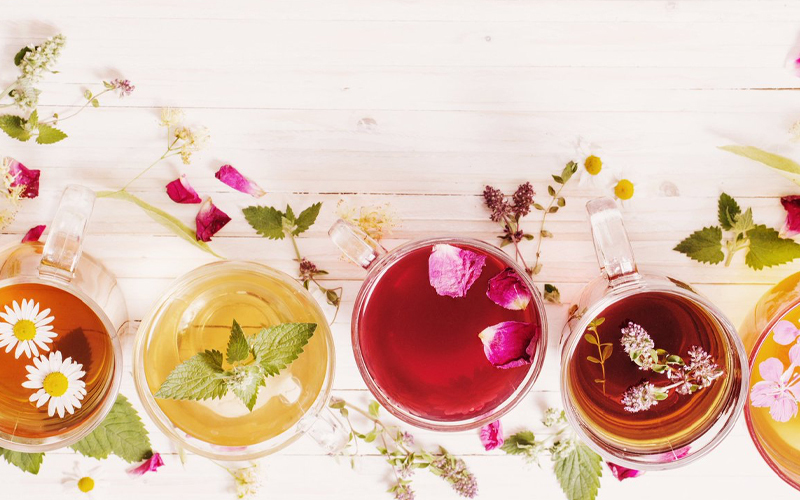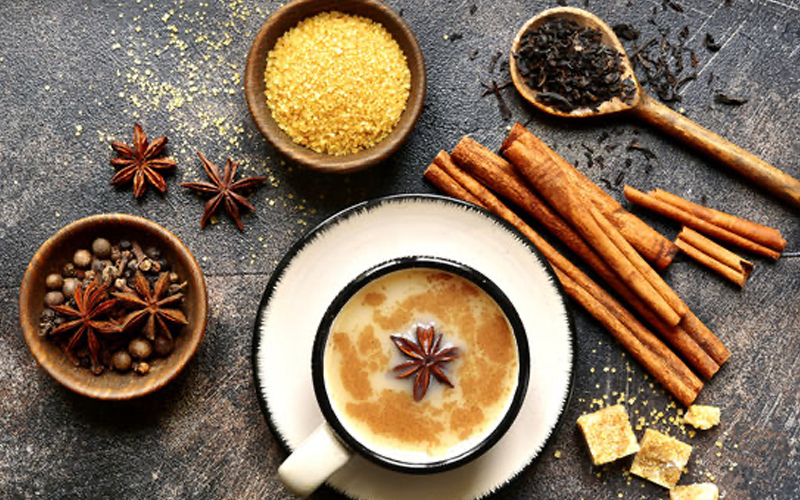Types of Chai and Benefits :
No matter what time, day, or place it is, if there is Chai, it is the best thing to happen. For many, Chai is an emotion, especially in Asian countries. People love to sit over a cup of masala chai and have some gossip and intelligent conversations. Our day doesn’t start without a cup of Chai. With that said, Chai is the second most consumed beverage in the world after water. But do you know, it is not just the taste and flavor that people love Chai.
It may come to your surprise that there are hundreds of variations in Chai. Different regions have their versions of tea. The ingredients used, the process of brewing, the equipment used, etc. All this makes this beverage the most desirable one, across the globe.
As a regular tea drinker or a tea aficionado, you may want to explore different types of Chai and what health benefits they offer. If that’s the case, we have brought together an informative guide for chai-loving individuals. We will discuss everything you need to know about Chai, its types, and the health benefits it offers.
Let’s get started.
Chai – An Overview :
People may confuse Chai with what people make in the west and other countries. While they all use tea leaves, Chai is a bit distinct. Chai is a flavor for people in the West, but for Asians, Chai is simply tea. Thanks to British colonization, Chai got introduced to Indians. Chai is different from tea because of the spices used in Chai.
India is the land of spices, and there is no surprise why people love a pinch of spice in their tea.
Here are some popular chai spices that are nearly in every version of Chai.
- Cinnamon
- Cardamom
- Cloves
- Ginger
- Peppercorns
- Ajwain
- Allspice
- Bay leaves
- Coriander
- Fennel seed
- Lemongrass
- Mace
- Licorice root
- Nutmeg
- White poppy seeds
- Vanilla
- Tamarind
- Star anise
- Saffron
- Chocolate
What are the Different Types of Chai
You will be surprised to know that there are different types of Chai being made and consumed in India. Everyone has different tastes and preferences, and they use the right set of spice mix to prepare their Chai. Here is what you need to know about the different types of Chai.
These are some unique chai types prepared all over the world. They come with numerous health benefits, and the best part is that there is no trademark way of making these teas. You can use any mix of ingredients to prepare your Chai. As long as it soothes your taste buds, you are right.



